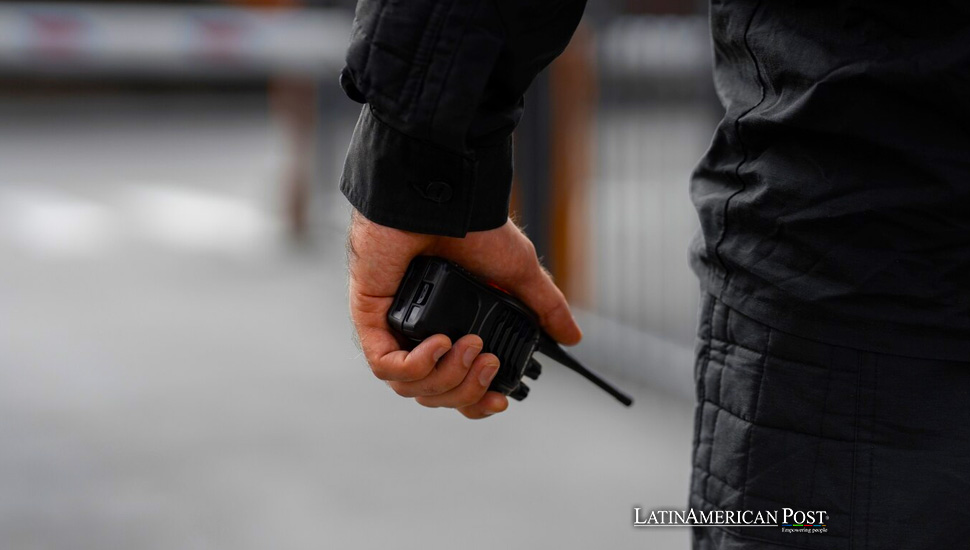Andean Community Nations Unite Against Cross-Border Crime

Bolivia, Colombia, Ecuador, and Peru, members of the Andean Community (CAN), have agreed to conduct coordinated police and military operations to combat organized crime along their borders.
In a landmark agreement, the Andean Community (CAN) nations – Bolivia, Colombia, Ecuador, and Peru – have committed to conducting coordinated police and military operations to tackle the increasing challenge of organized crime along their shared borders. This decision, a significant stride in regional cooperation, was taken during the XXIV Extraordinary Meeting of the Andean Council of Foreign Ministers and ministers responsible for security.
The signed document, the Plan de Acción Resolutivo (PAR), outlines measures to address transnational illegal activities. Key among these is implementing coordinated police and military operations in border areas to counter transnational illicit activities.
Response to Surging Violence
This unified approach comes in response to a recent surge in violence, particularly in Ecuador, prompting an urgent need for collaborative security efforts. The PAR also stipulates the execution of operational exercises related to drug trafficking control at the borders, including the transfer of aerial targets, by the national regulations of each country.
A significant component of the agreement is the promotion of cooperation and intelligence sharing to analyze the modus operandi of transnational organized crime. This includes exchanging information and relevant legislation among the member countries. Creating an Andean mechanism for strategic intelligence is also proposed to facilitate coordination among strategic intelligence governing entities. This mechanism fosters working groups and intelligence exchanges on common threats and risks, such as transnational organized crime.
Strengthening Information and Intelligence Exchange
Bolivia, Colombia, Ecuador, and Peru have also agreed to strengthen mechanisms for exchanging information and intelligence among military and police bodies. The goal is to enable timely and effective police intervention and the capture of members of transnational criminal organizations.
To ensure the continuity and effectiveness of these measures, the CAN countries will hold bi-monthly meetings, either in person or virtually, to monitor the situation and make necessary adjustments. The meetings could be convened more frequently if the situation warrants.
Moreover, the member countries are committed to reviewing and evaluating their normative frameworks to align them with the essential requirements of shared intelligence. A critical step in this process is the operationalization of a joint commitment among the respective financial intelligence analysis units within the first quarter of the current year.
A Milestone in Regional Security Cooperation
This agreement among the Andean Community nations represents a significant regional security and cooperation advancement. The shared history and geography of Bolivia, Colombia, Ecuador, and Peru, coupled with common challenges posed by organized crime, necessitate such a collaborative approach.
Historically, the Andean region has faced various challenges related to drug trafficking, smuggling, and other forms of organized crime, often exacerbated by porous borders and diverse geographic landscapes. Combining resources, intelligence, and operational capabilities reflects a deep understanding of the complexity of these challenges and the need for a unified strategy.
Also read: Colombia Advances Peace Talks with FARC Dissidents, Eyes New Phase
The commitment of the CAN nations to work together against organized crime signifies a new era of regional security cooperation. By leveraging their collective strengths and addressing shared vulnerabilities, these countries are better positioned to combat the scourges of drug trafficking, smuggling, and other transnational crimes. This collaborative effort not only enhances the security of the Andean region but also sets a precedent for other regions facing similar challenges, demonstrating the power of unity in addressing complex transnational issues.
